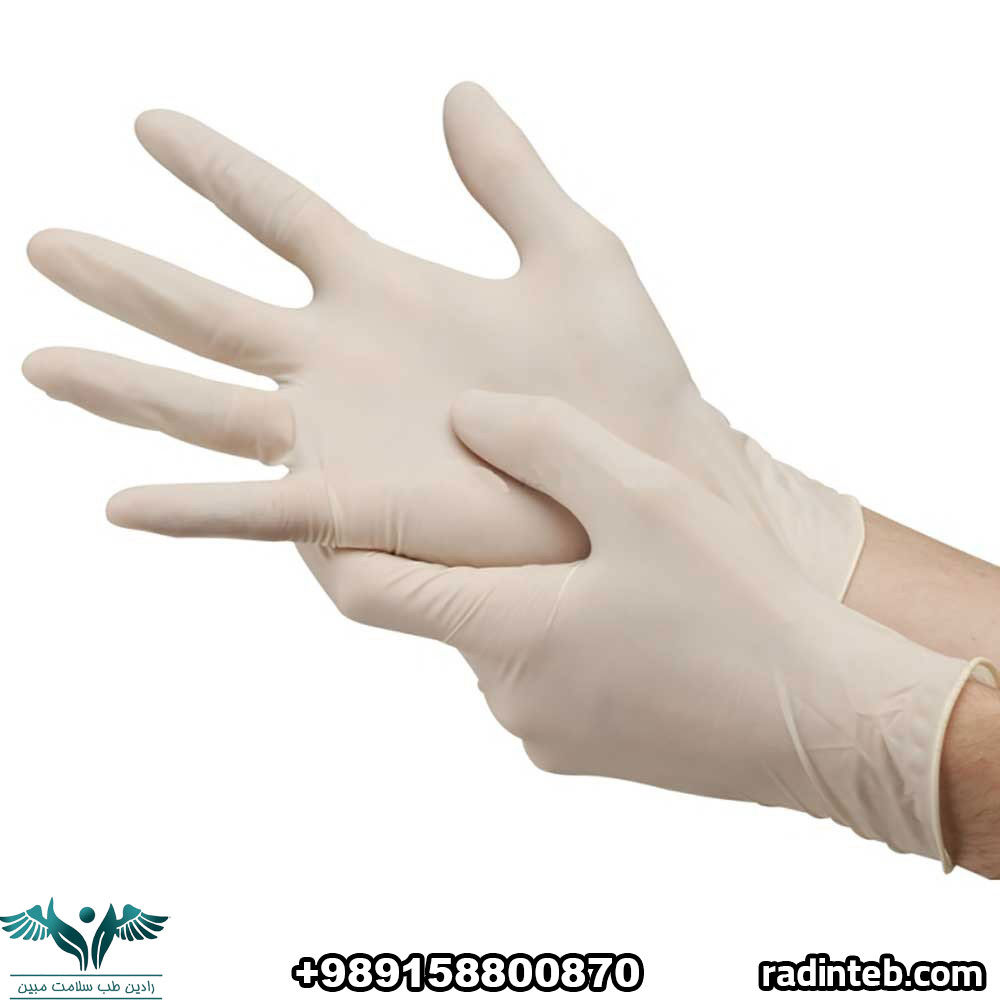
A Complete Guide to Buying Surgical and Examination Gloves for Medical Facilities
Introduction
In medical centers, gloves are among the most vital protective tools. Choosing the right surgical and examination gloves ensures healthcare personnel remain safe and prevents cross-contamination between doctors and patients. This article explores the key differences, essential selection tips, and features of each glove type.
Surgical vs. Examination Gloves
Surgical gloves are specially designed for critical procedures. These gloves typically:
- Come sterile
- Are made from latex or nitrile with high elasticity
- Are packed in pairs
- Fit closely and offer high tactile sensitivity
On the other hand, examination gloves serve general purposes such as injections, initial patient contact, or lab work. They may come sterile or non-sterile and are usually packaged in bulk.
Types of Gloves by Material
1. Latex Gloves
These gloves offer excellent flexibility and comfort, but some users may develop latex allergies.
2. Nitrile Gloves
Highly resistant to punctures and chemicals. Ideal for users with latex sensitivity.
3. Vinyl Gloves
More economical but less durable. Best suited for low-risk or short-term use.

What to Look for When Buying Gloves
✔️ Correct Size
Always choose gloves that fit the hand precisely. Ill-fitting gloves reduce control and comfort.
✔️ Elasticity and Dexterity
Gloves with better flexibility reduce finger fatigue and allow better precision during procedures.
✔️ Powdered vs. Powder-Free
For surgery, powder-free gloves are highly recommended. Powder can irritate tissues or cause complications.
✔️ Packaging and Expiration
Surgical gloves must have individual sterile packaging and a clear manufacturing and expiry date.
Why Reliable Suppliers Matter
A reliable supplier ensures consistent quality, competitive pricing, and timely delivery—factors that are critical in maintaining a safe clinical environment. Radin Teb, a trusted manufacturer of surgical and examination gloves, offers certified products that meet international health standards.
Frequently Asked Questions
Can I use examination gloves in the operating room?
No. Examination gloves are for general medical tasks. Doctors use surgical gloves during sterile procedures to maintain a contamination-free environment.
What’s the main difference between nitrile and latex gloves?
Nitrile gloves are hypoallergenic and chemical-resistant, while latex gloves offer more flexibility and tactile feedback.
Do surgical teams use powdered gloves during operations?
No. Surgeons prefer powder-free gloves during operations to avoid tissue irritation and reduce the risk of infection.

